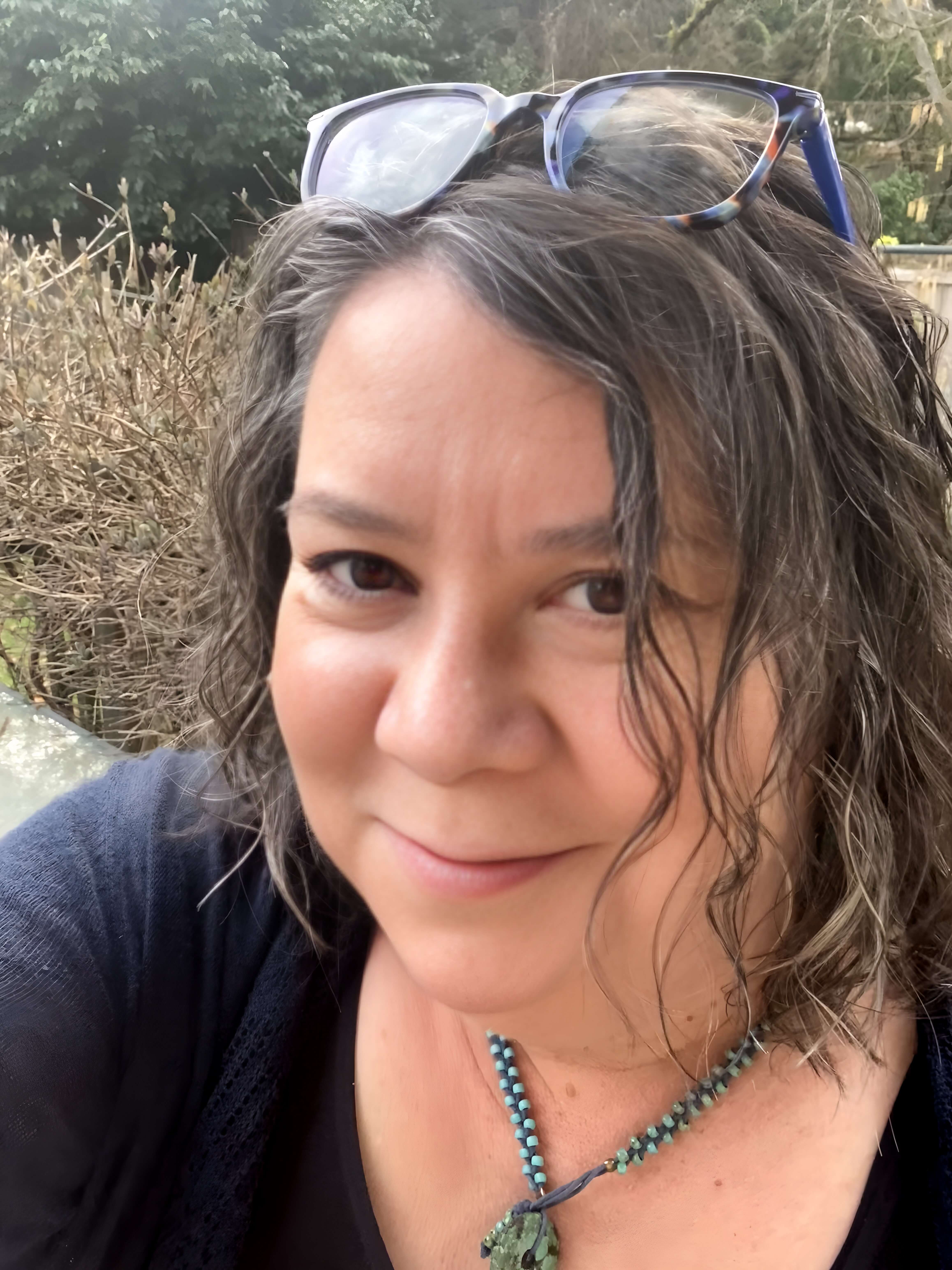Seminar: Teaching physics theories as community agreements

To become a physicist is to be enculturated into the belief that physics definitions, laws, and equations are read from the book of nature, but this is not the case. Rather, they are collectively negotiated by people in specific sociopolitical and personal conditions, experiencing particular relationships, pressures, and opportunities. Physics students should practice theory-building if they are to become contributors to science, yet very few physics courses invite students into the processes by which theories are constructed.
A “community agreements pedagogy” teaches practices of collective theory-building while sharing power with students, increasing their investment in the theory, and reducing harm from the “shut up and calculate” ethos that pervades too much of STEM education. This is important in all areas of physics but especially in quantum mechanics, where there are multiple valid theories with very different foundations that are currently being negotiated among active scientists.
Supplementary materials can be found here.
Prof. Rachel Scherr
Scherr is an Associate Professor of Physics at the University of Washington, Bothell. Her current research interests include experimentation-focused introductory physics labs and faculty professional development, with an emerging interest in pluralist-oriented pedagogy for quantum mechanics and other physics topics. Prof. Scherr has advanced physics education research as a conference organizer, as a doctoral student advisor, and through community governance. She became a fellow of the American Physical Society in 2017 “for foundational research into energy learning and representations, application of video analysis methods to study physics classrooms, and physics education research community leadership.”
